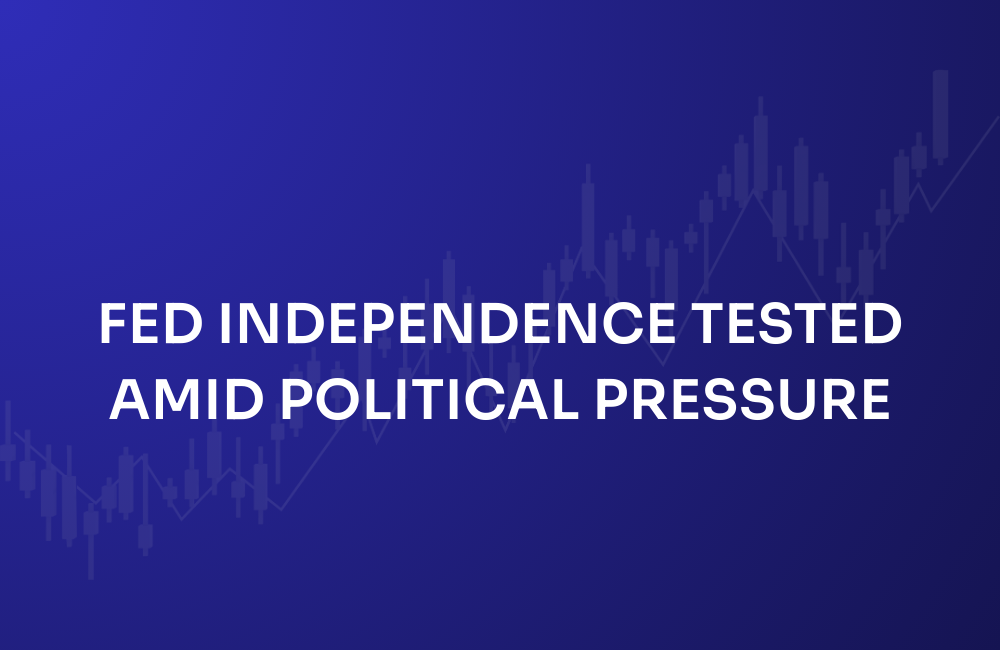
Subscribe to our free
💌 Stay ahead with AI and receive:
✅ Access our Free Community and join 400K+ professionals learning AI
✅ 35% Discount for ChatNode
.png)

Bias audits are moving from nice-to-have to baseline. Here’s how to vet vendors who can stand up to regulators, courts, and headlines.
Context
AI now shapes who gets hired, promoted, and approved for credit. If your system skews against protected groups, you invite lawsuits, regulatory scrutiny, and brand damage. Many companies are turning to “bias auditors” to assess fairness across groups. Not all auditors are created equal. Choosing the wrong one leads to busywork and reports that collapse under pressure.
Why It Matters
For B2B leaders, weak audits are worse than no audits. They waste budget, fail to reduce risk, and won’t persuade regulators, boards, or customers. Strong audits, by contrast, protect reach and reputation, improve hiring and lending outcomes, and create defensible compliance records.
Core Idea
Bias audits must blend statistics with law, process with change management, and independence with practical judgment. You are not buying a score. You are buying credibility.
Key Framework or Inputs
1) Purpose and Scope
Clarify the terrain before you start.
- What systems, decisions, and outcomes are in scope, for example hiring, promotions, lending?
- Which protected classes and proxies will be evaluated across the full decision pipeline, not just final outcomes?
- How will legal standards, such as disparate impact, guide the analysis and thresholds?
2) Background and Expertise
You need technical depth and regulatory fluency. Ask:
- What expertise does your team have in disparate impact analysis and bias mitigation?
- Which AI and civil rights frameworks have you worked with, and how do you track emerging rules, for example NYC Local Law 144, CPRA, Illinois’ 2026 AI law?
- Can you share relevant project examples and outcomes, including how findings held up with regulators or in litigation?
3) Methodologies, Frameworks, and Tools
The audit is only as strong as the method. Press for specifics:
- What fairness methodologies do you use, and why those over alternatives?
- How do you quantify trade-offs between accuracy and fairness so leaders can make informed decisions?
- What tools do you use, internal or external, and how do you validate them?
- How do you handle small samples, imbalanced data, and intersectional groups?
- Do you test all legally protected categories that apply to our operations, not just those named in a local law?
4) Data Security and Privacy
Audits touch sensitive data. Treat them like any critical vendor.
- What risk mitigation strategies apply to demographic and HR or customer data?
- Which security standards do you follow, for example ISO 27001, SOC 2, and what is their current scope?
- Who can access our data, how is it segregated, and how is access logged?
- What are your retention, deletion, and anonymization policies after the audit?
- What is your breach response plan and notification timeline?
5) Post-Audit Support and Change Management
The report is not the finish line.
- What support do you provide to interpret findings and prioritize fixes?
- How do you help leaders overcome organizational resistance and operationalize mitigation?
- Do you supply dashboards or metrics to monitor effectiveness over time?
- Will you re-test after changes and document validation for regulators or auditors?
6) Industry and Regulatory Experience
Context matters.
- Have you audited systems in our industry, and what risks or patterns should we expect?
- Do you understand contractor obligations, for example UGESP and OFCCP requirements, if applicable?
- Can you tailor methods to our risk profile and governance model?
Key Takeaways for Employers
- Do not accept box-checking. A superficial audit can increase risk.
- Vet for both legal and technical expertise. Fairness is more than math.
- Demand transparency, replicability, and ongoing support. You may need to defend the work.
Closing Thought
Bias audits are becoming table stakes. Choose a partner who brings rigor, independence, and a plan to turn findings into measurable change. The goal is not a pretty report. The goal is fair, defensible decisions that you can stand behind.
About
Fisher Phillips, founded in 1943, is a leading law firm dedicated to representing employers in labor and employment matters. With nearly 600 attorneys across 38 U.S. and 3 Mexico offices, it combines deep expertise with innovative solutions to help businesses navigate workplace challenges.


Recommended
.png)


.svg)



.png)
.svg)


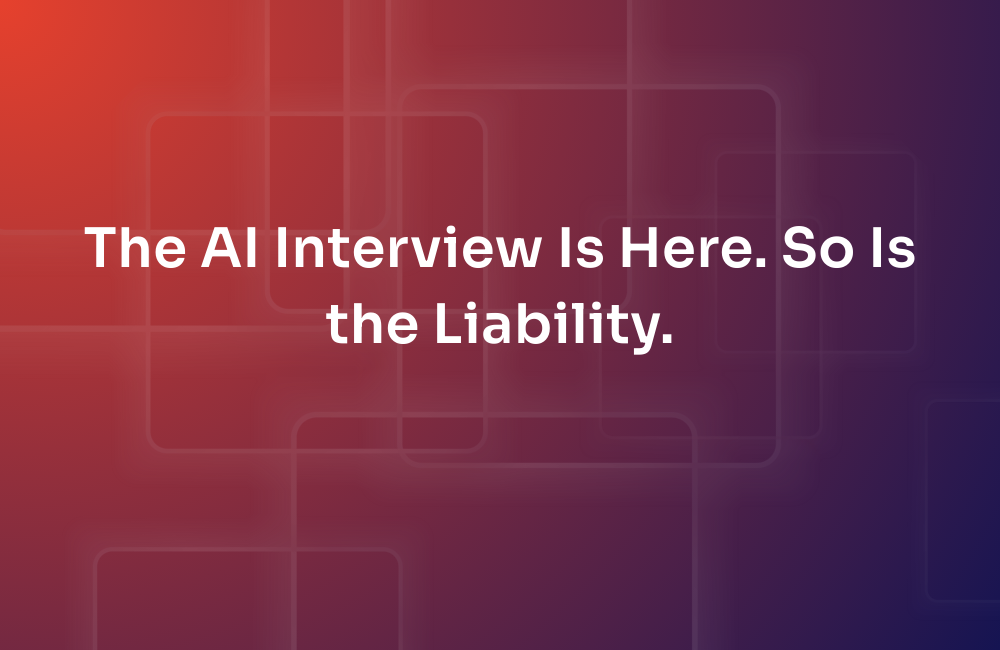
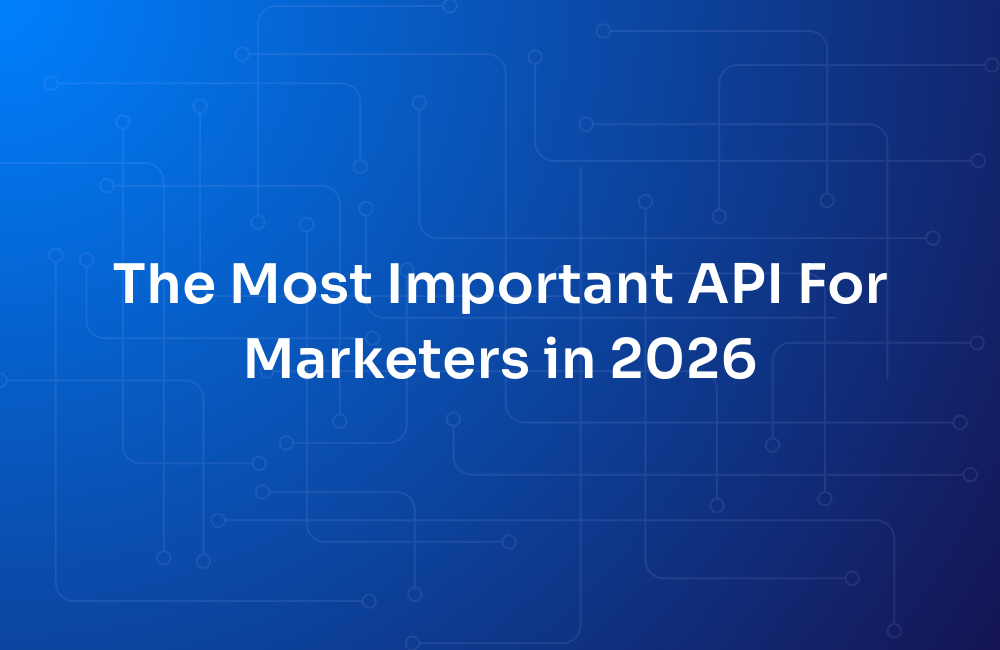
.png)
.png)

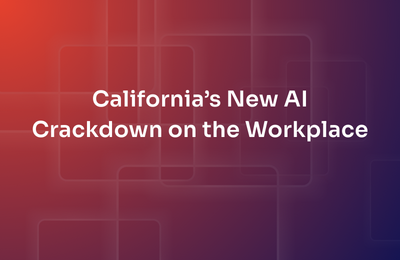
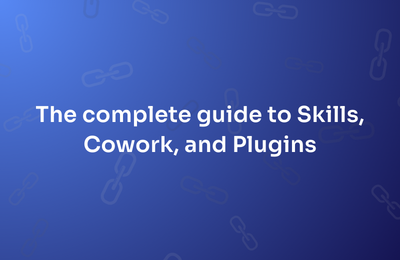

.png)
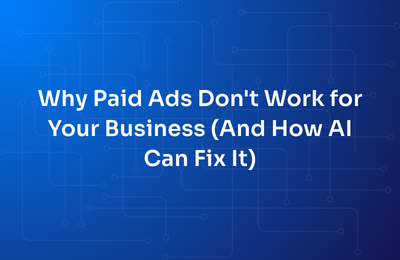


.png)
.png)
.png)

.png)

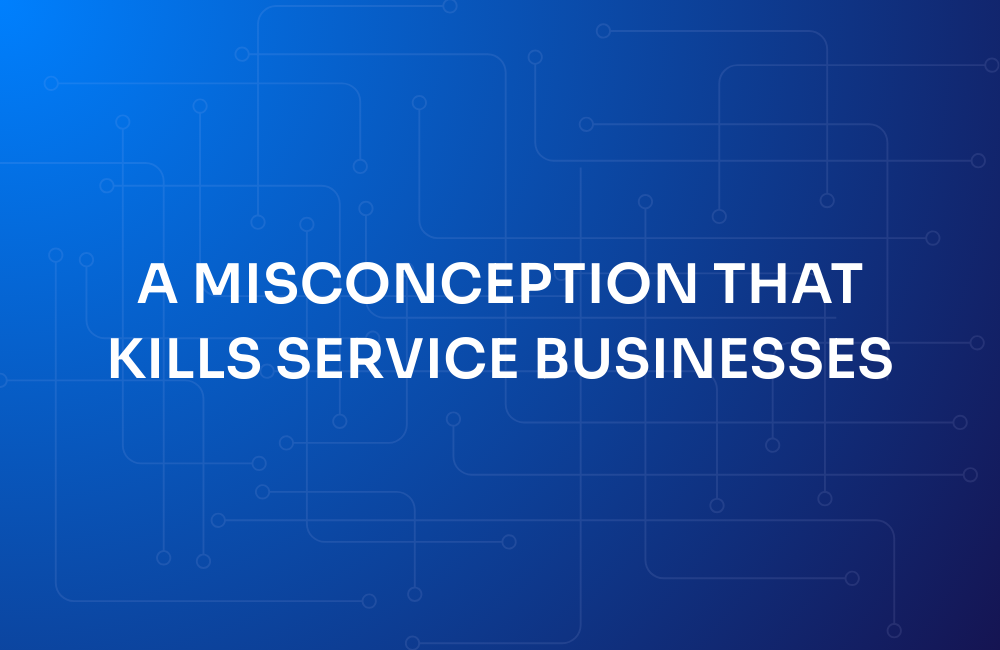
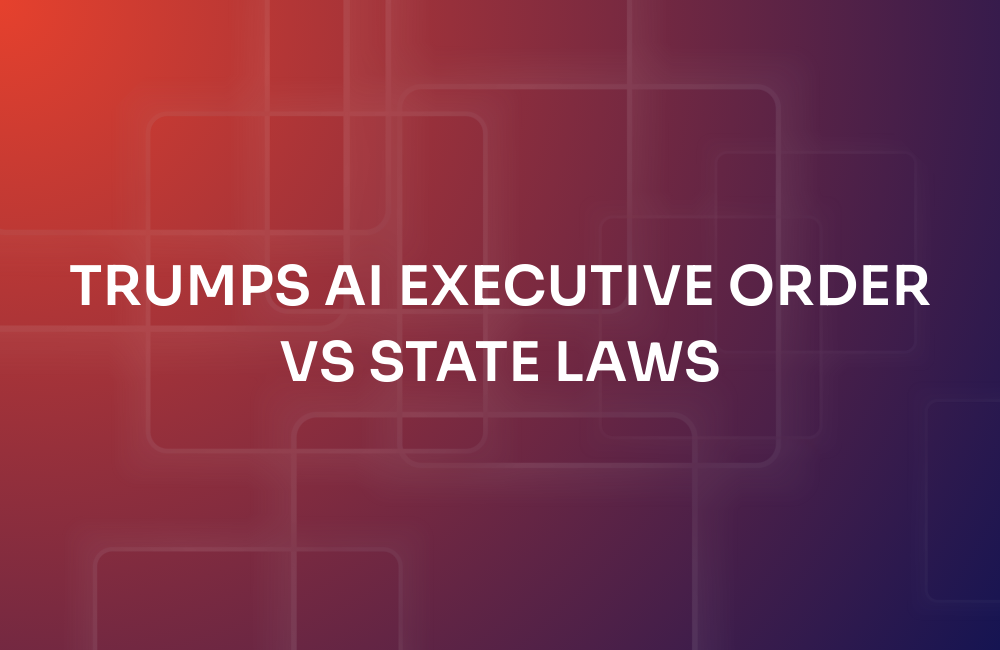


.png)
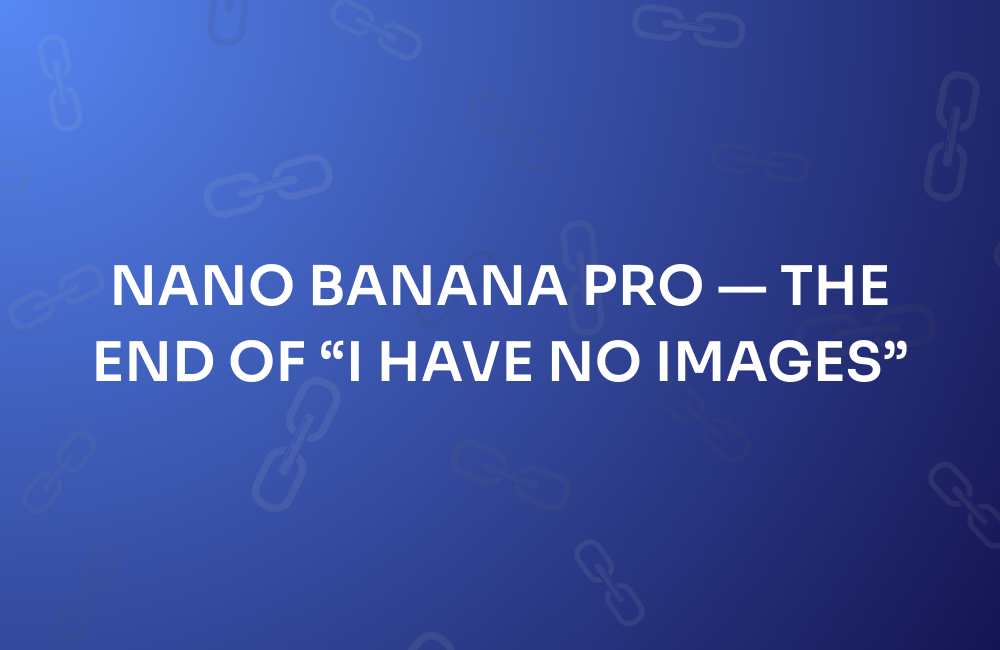
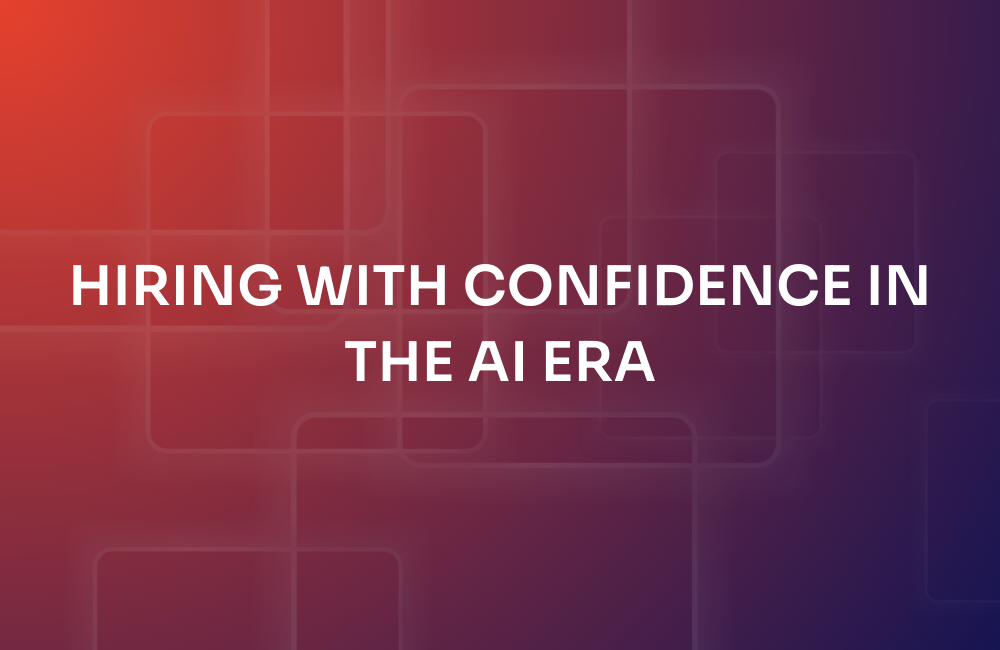




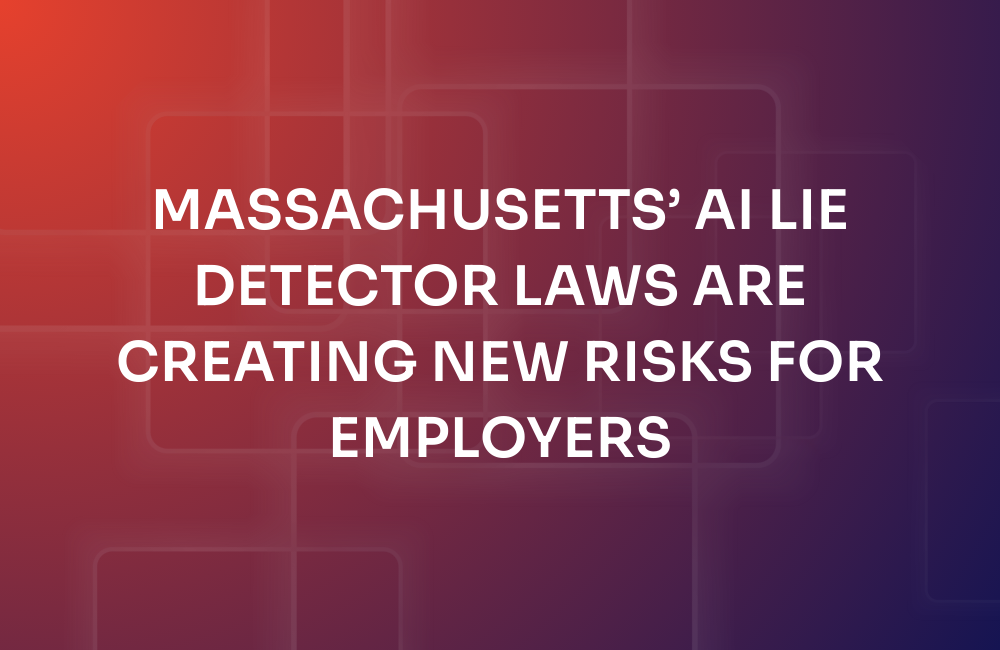
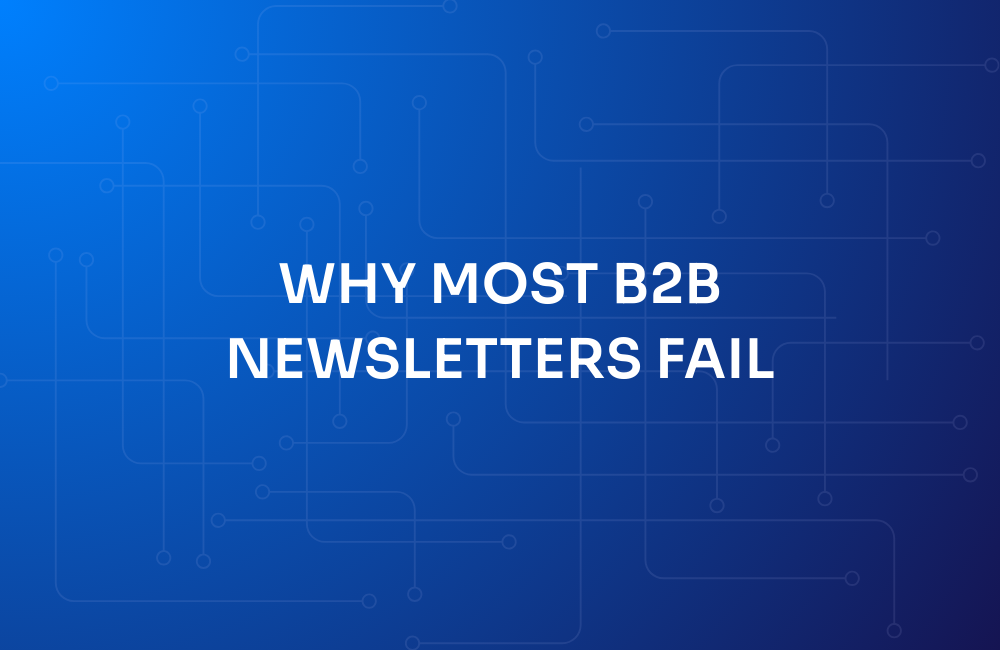

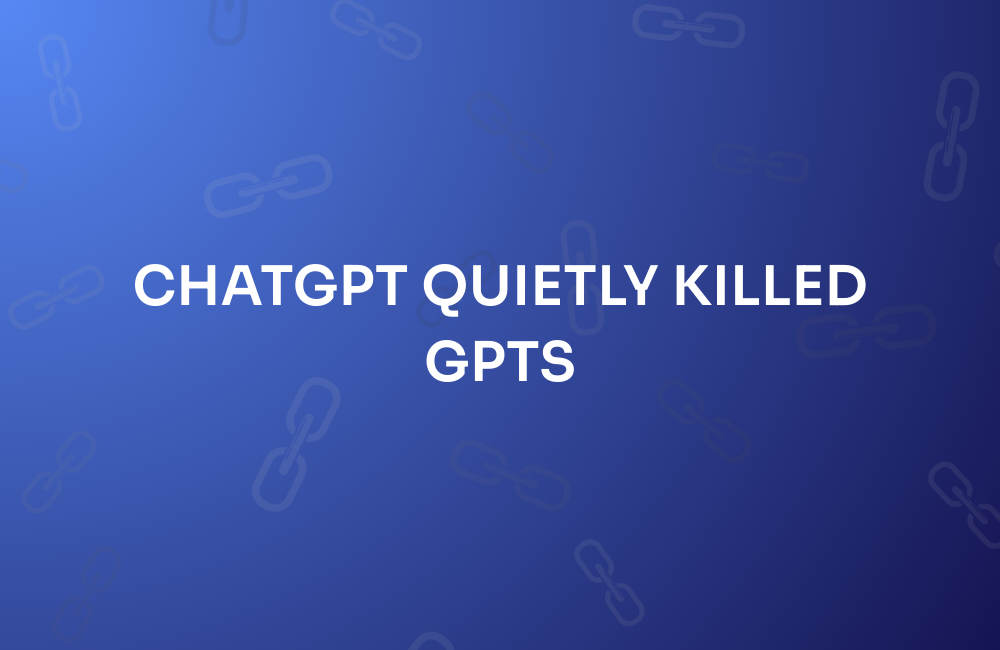
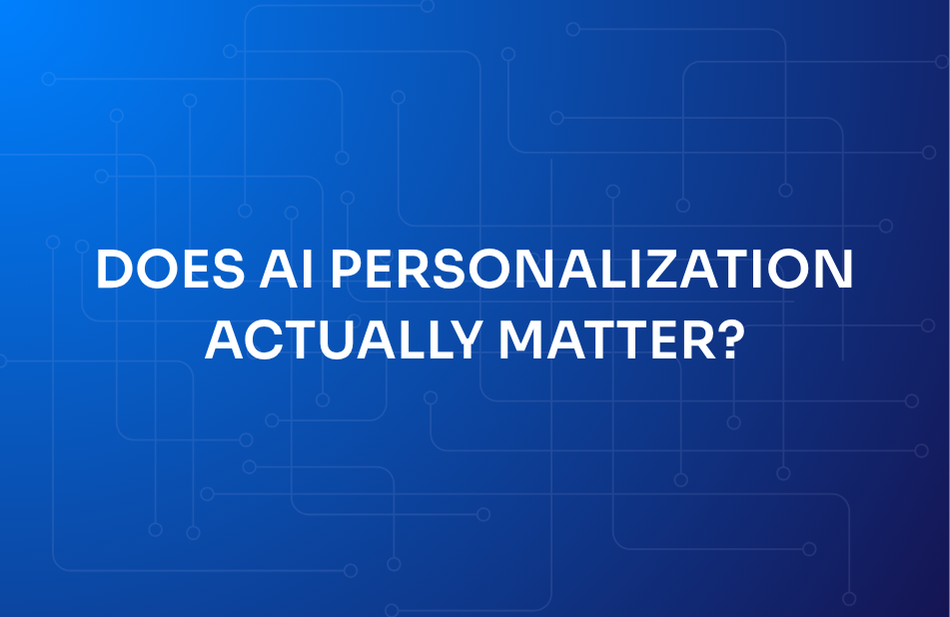

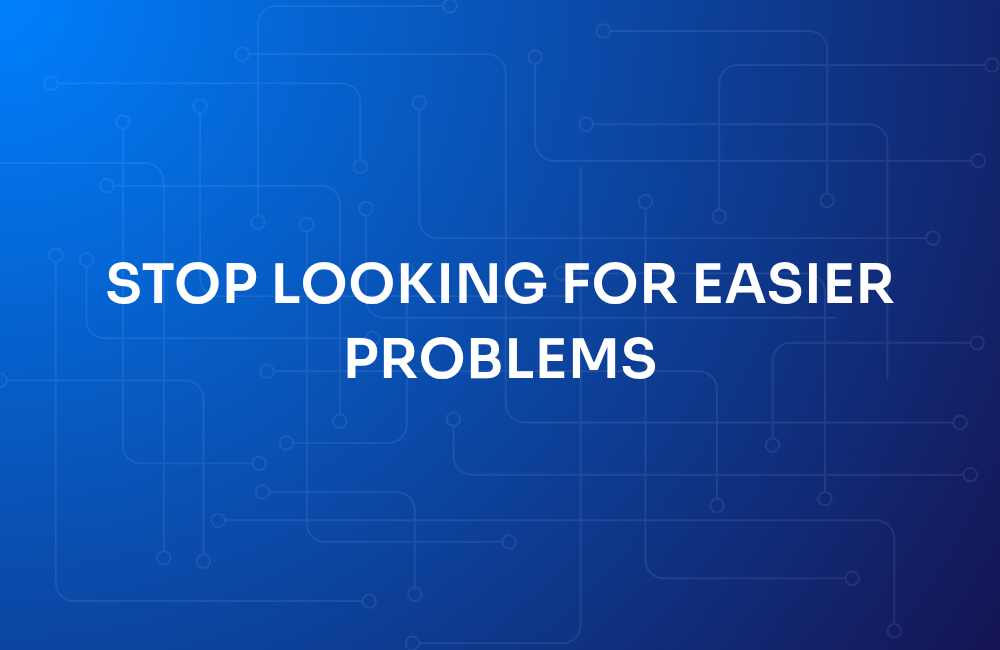

.png)
.png)

.png)
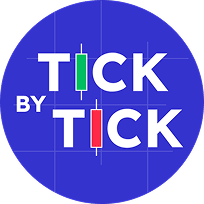

.png)

.png)
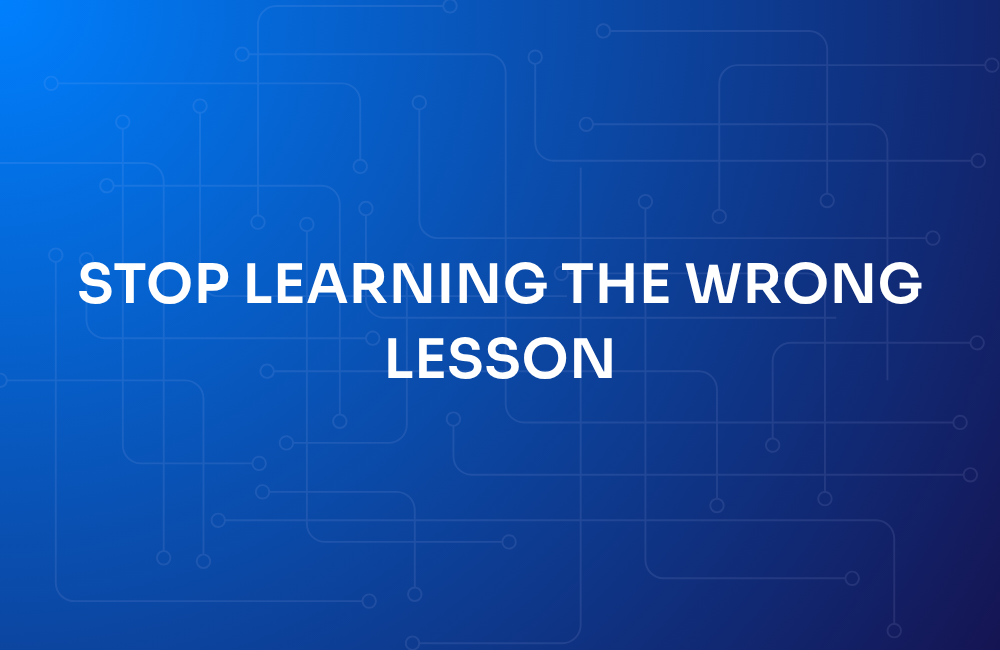
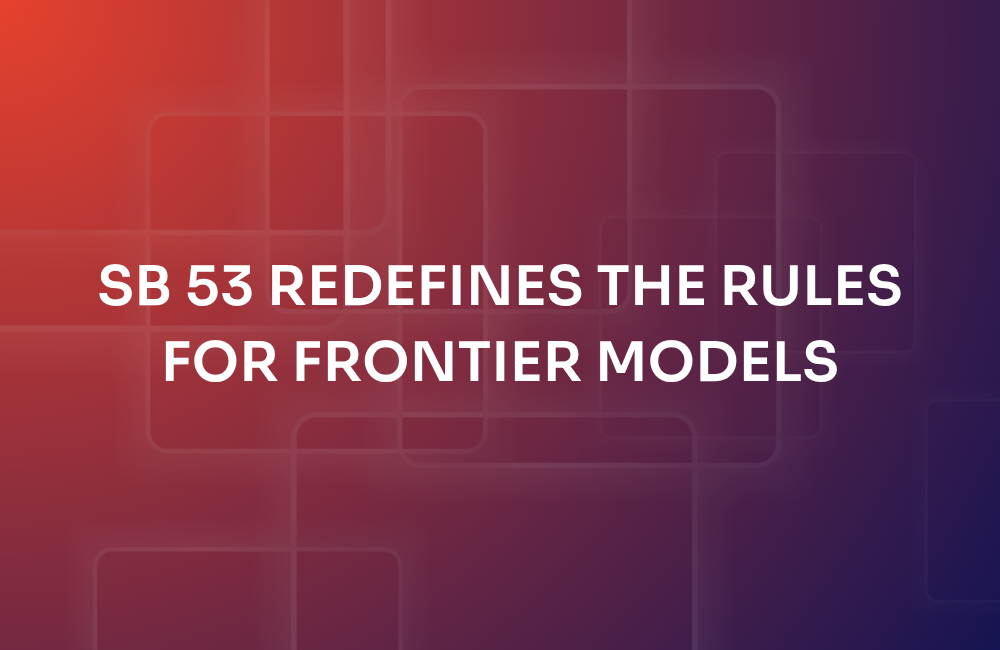

.png)
.png)

.png)
.png)
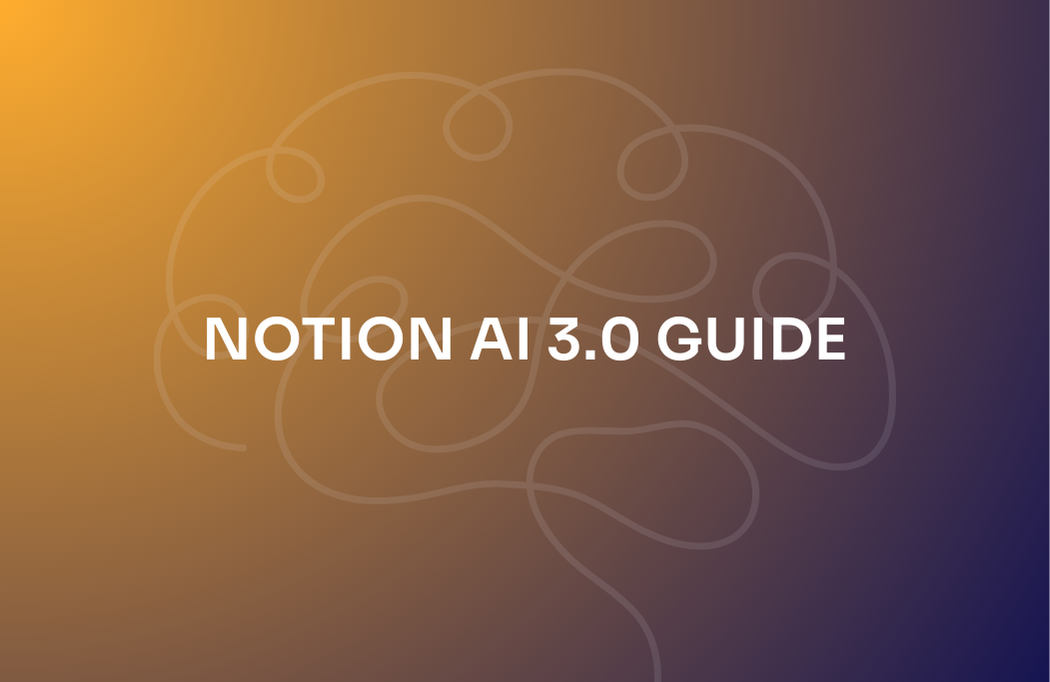
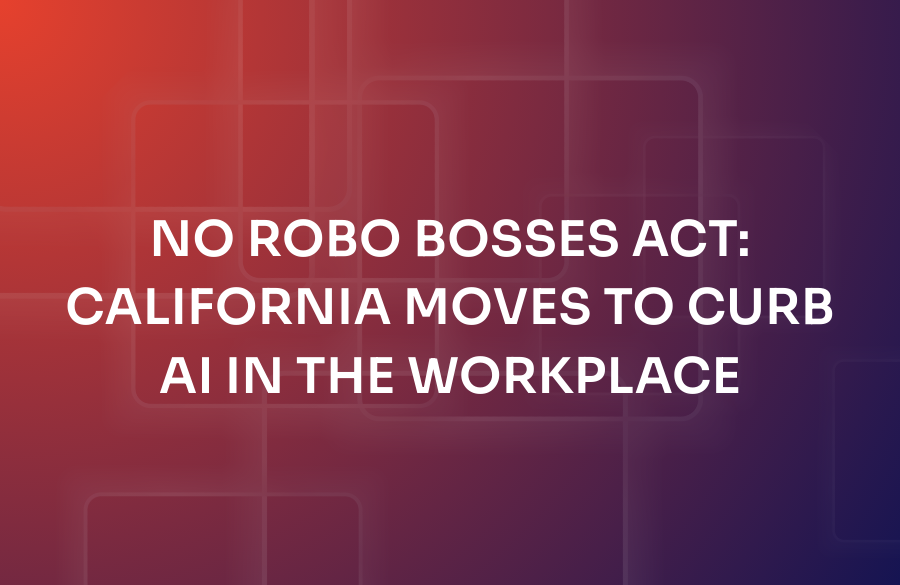

.png)
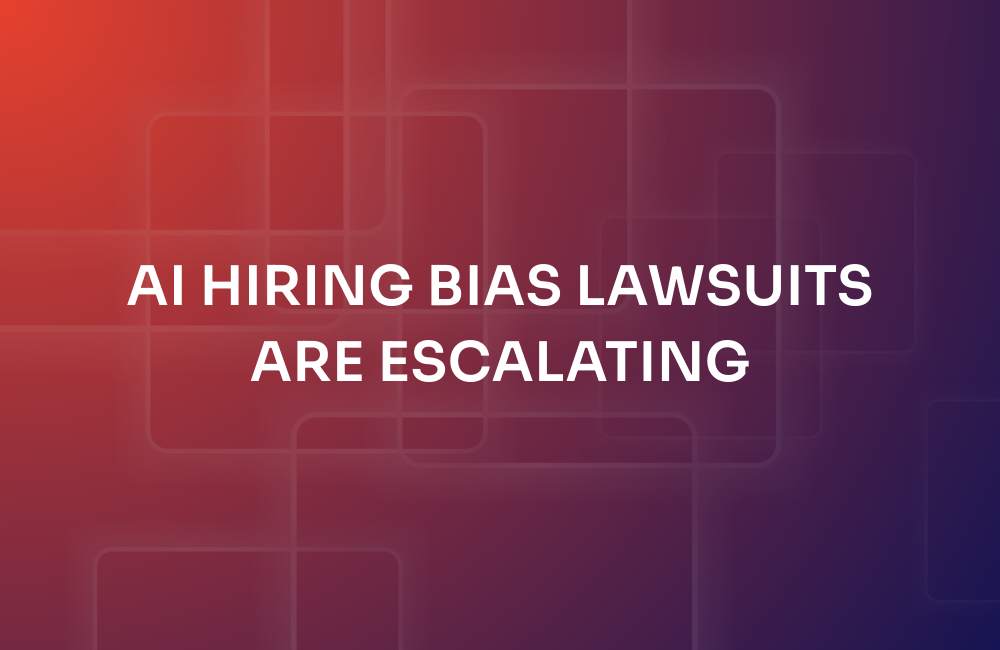

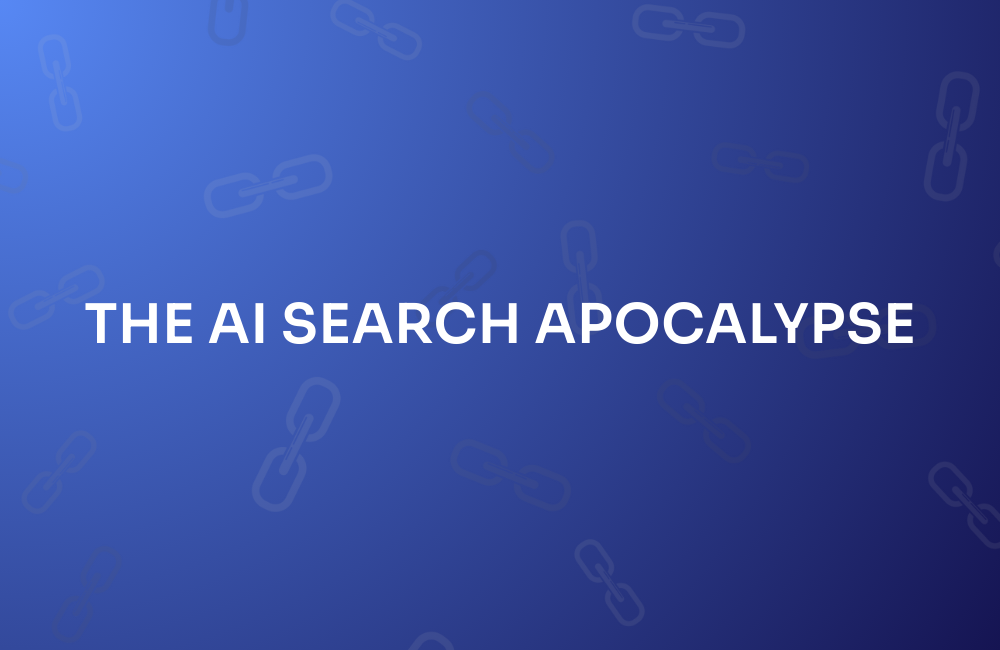
.png)
.png)
.png)
.jpg)


.png)
.png)
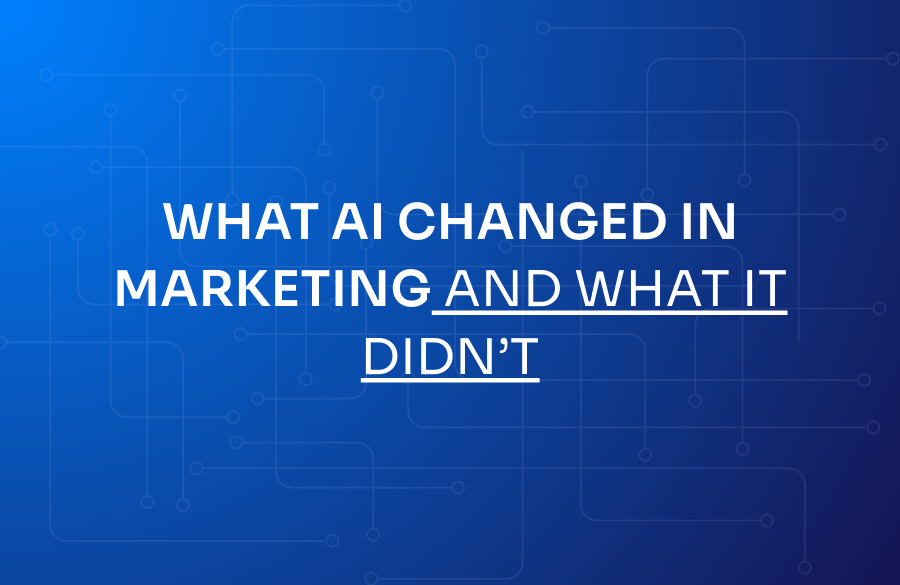
.png)
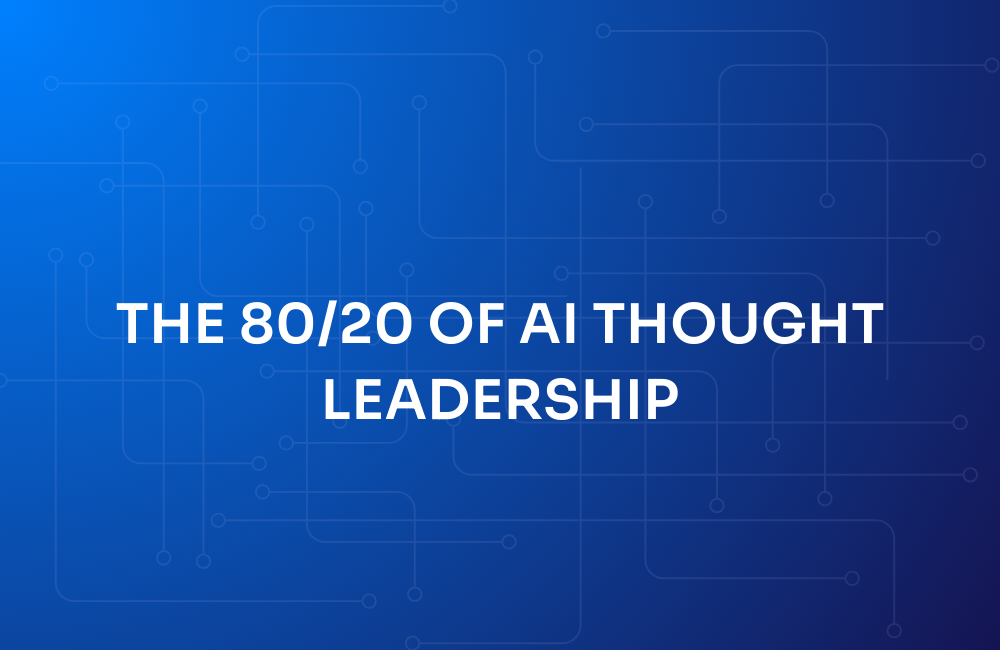
.png)
